«When I woke up from my dream / Alone and awake / I faced reality / I was closed / No mercy or mercy». The words are Fernando's, but they could also be Miguel's, who almost fulfilled the dream of being a top professional footballer, Daniel, Luís or Duarte. Or even Flávio, the great promoter of a newsroom of inmates who has written “Páginas de Liberdade”, a monthly newspaper that was born inside the prison.
They may look like it, but those aren't just walls made of concrete.
On the one hand, freedom; on the other, loneliness, seclusion, guilt. And, so often, regret.
There is, when you enter a prison, a different atmosphere: you feel the weight of knowing that there are people serving a sentence there.
In Olhão, it is also like that. There are about 60 inmates, all men. Alexandre Gonçalves, director of the prison, guides us through the premises.
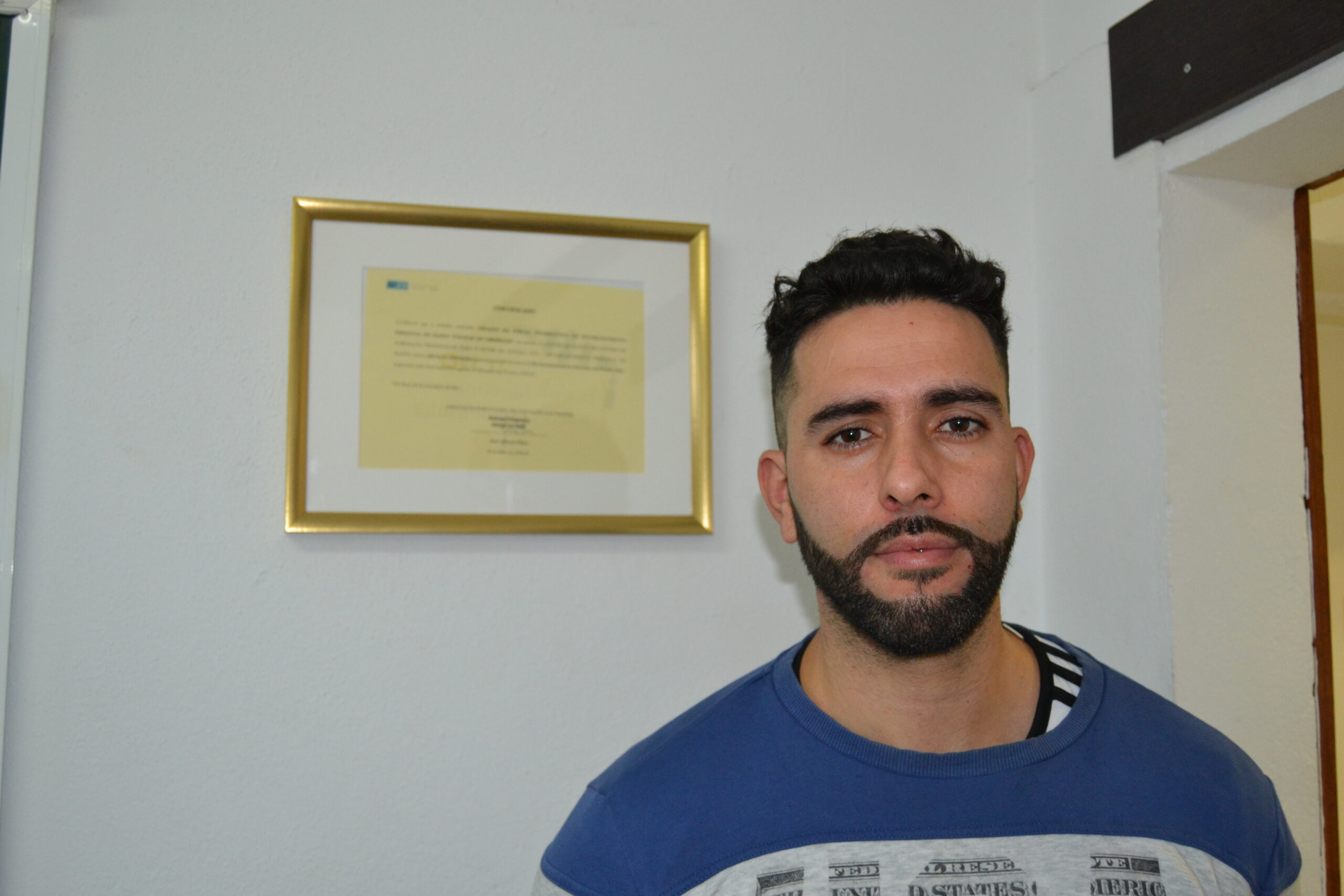
On the first floor, the most administrative part; on the other, the cells. That's where we go. We entered through a door, opened by one of the many prison guards. At the back, a room.
On the wall, there is a large panel commemorating the International Day of Education in Prisons, one of the key pieces for the creation of the newspaper, which had its first edition in October. It was there, in that space that in everything resembles a classroom, that a group of inmates, around 10, decided that it was «time to occupy our time».
And so they decided, together with Susana Rodrigues, RVCC technician (Recognition, Validation and Certification of Professional Competences) and psychologist in prison, to found a newspaper, with a name that sticks in the ear: “Páginas de Liberdade”.
Daniel Rafael arrives in the room, sits down and not even the mask hides the smile of going from the role of interviewer to interviewee. It was him, in the first edition, in October, who interviewed the director of the Prison.
“This is a bit like jumping over the prison wall”, says Daniel, when asked about the experience of making a newspaper. «I always liked to read and write and, with this project, I end up being able to bring the two worlds together», he adds.
For his colleague Miguel Costa, the decision to participate was also easy.
“What is this for?”, he asks as soon as he arrives in the room. "Ah, for a newspaper!".
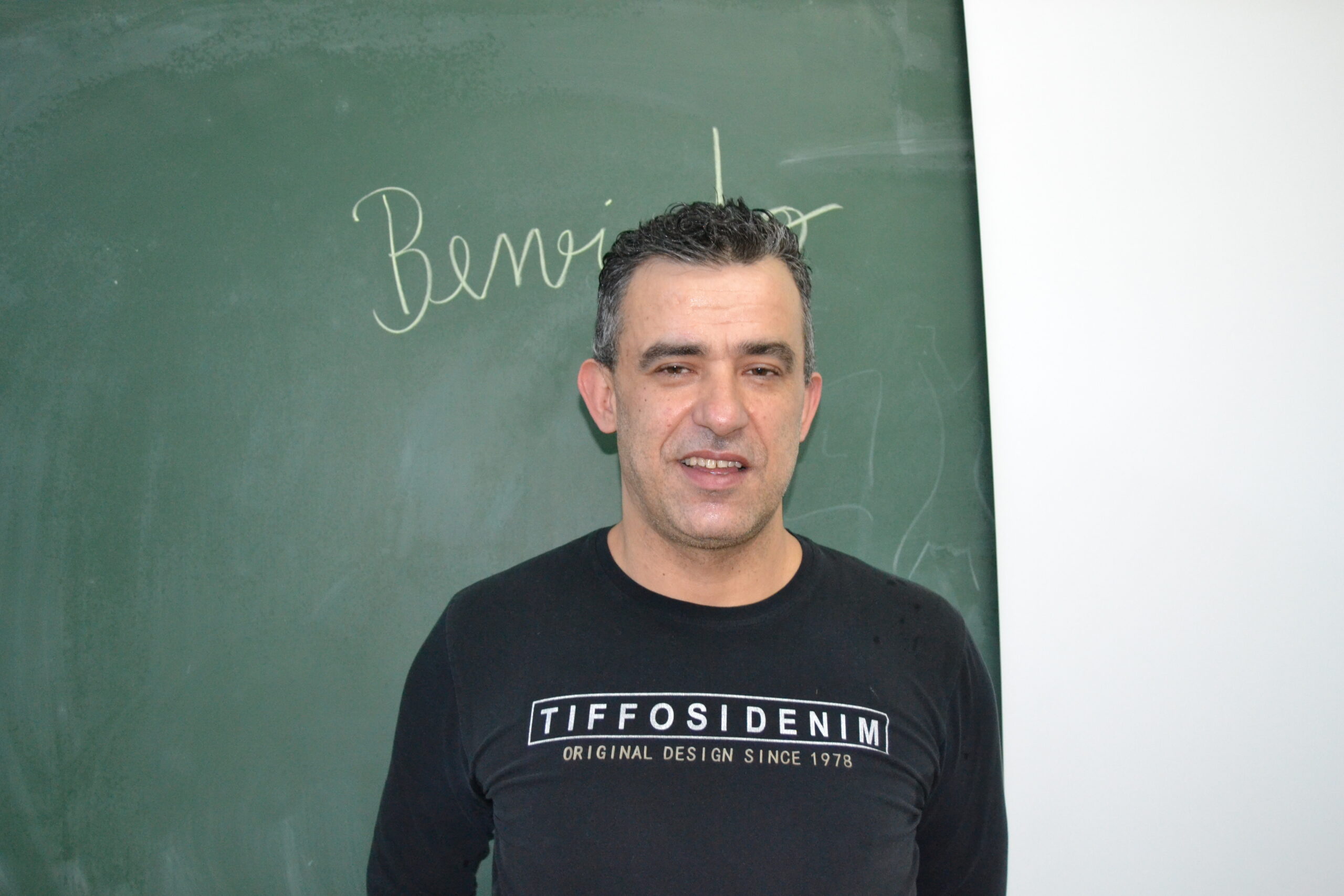
The conversation flows.
«Why participate? I think we should be proactive, even while we're serving time here”, she considers.
His life story is hard: for years, he was considered one of the promises of Portuguese football. In 1995, he even became champion of Europe under-16, alongside players like Marco Caneira or Hugo Leal. He trained at FC Porto, went to Marítimo and ended up being arrested for the first time in Madeira.
He left, still tried his luck in clubs like Olhanense, but was arrested again. The reason? Same thing both times: drug trafficking. “I surrounded myself with people I shouldn't have”, he sums up bitterly.
In his speech, there is a strong idea: a demand that he does not hide.
“Basically, we are paying a debt to society and the least we can do is gain skills. Only if we do good things will people understand that we are not animals».
Flávio Gonçalo couldn't agree more.
He is the one who has taken over the coordination and talks about it with pride. A few years ago, there had already been a newspaper made right there, in the Olhão prison, and Flávio liked the idea.
«That continuity captivated me, as did the desire to do things», he says.
The work was almost that of a real essay. «Look, we were divided: some know how to write better, others are better at drawing and we stayed where we fit in the most», he explains.
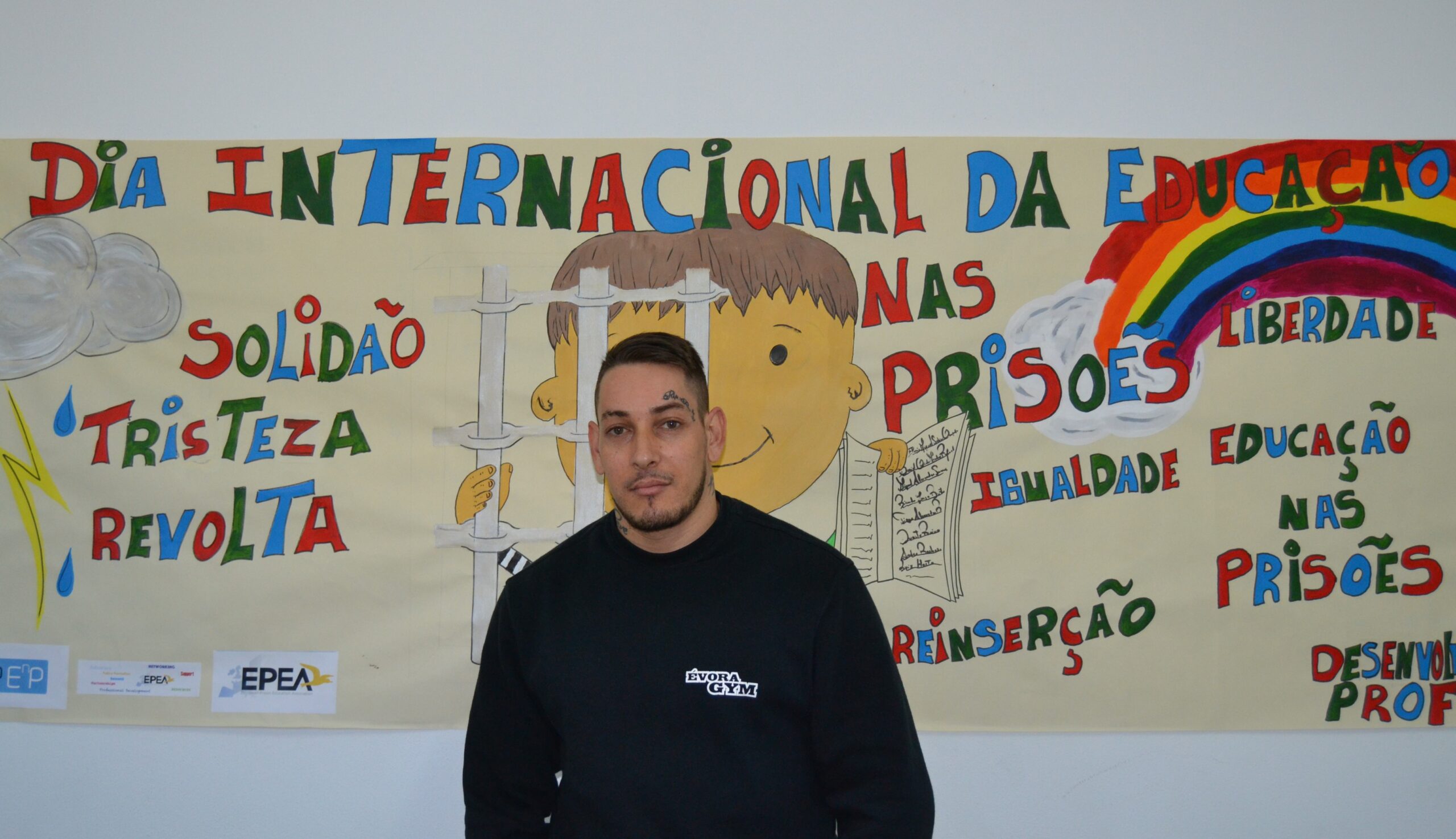
Leafing through these “Pages of Freedom”, we find a little bit of everything: there are news of activities in the prison, such as the visit of the symbols of the World Youth Days, numbers on the adhesion of inmates to vote in the Municipalities, suggestions for reading, news «from the world outside» and an interview for each edition.
Despite being new, the newspaper has already received an honorable mention from the Portuguese Association of Education in Prisons, within the scope of the International Day of Education in Prisons, a distinction that gave even more encouragement to inmates.
«This is a new thing, which we had never done, and which is really captivating us», guarantees Flávio, who also insists on showing the new tattoo he made, in a recent outing, in a precarious way.
«A friend of mine died and it is a way of honoring him», he says.
Like Miguel, Flávio is detained for the second time. “The first time it was for armed robbery, now for theft,” he says.
This time, these mistakes, do not prevent him from already thinking about what life will be like away from prison bars.
«When I leave here, I will dedicate myself to the sea, to my nurseries, but the truth is that this newspaper has been an excellent experience. Anyone who says that nothing is done in prison is a lie. You just don't do it who doesn't want to, who doesn't want to fit into society», he considers.
In all this process, there is a name that is repeated: Susana Rodrigues.
She is the RVCC technician (in addition to being a psychologist) who, together with the Protocol Center for Justice (CPJ), helped to set up the newspaper. Prisoners do not forget it. Neither she, theirs.
«I usually say that, despite never having thought of working in a prison, this has been a very rewarding experience. These people are more than just the crime they committed", he says, Sul Informação.
His job is to allow access to computers, which do not exist in the prison, and to help with whatever is needed.
«They suggest topics, I do research at home and take them to work from there. I can say that they have adhered very well to the activities. The inmates told me that they needed something else to occupy themselves and it has been great”, she considers.
Duarte Ruivo speaks of this need, arrested for drug trafficking. “As this is a positive activity, it captivated me right from the start. We spend time and it becomes fun even at the level of conviviality”, he says.
Since his arrest – and also under the influence of the newspaper – Duarte has discovered a new passion: reading, an activity that has «helped him a lot».
In the first edition of “Páginas de Liberdade”, he suggested a book: “Hotel Magestic”, by JG Farrel, author who won Man Booker PrizeIn 2010.
The novel takes place in 1919, has the First World War as a setting and is recommended by Duarte Ruivo, especially «for its unexpected outcome».
«Outside, I didn't have much time to read, but inside, I was captivated. Reading newspapers was something I did from time to time, but it's a taste that has been reinforced. The truth is that these projects help reintegration and open our horizons”, she says, smiling.
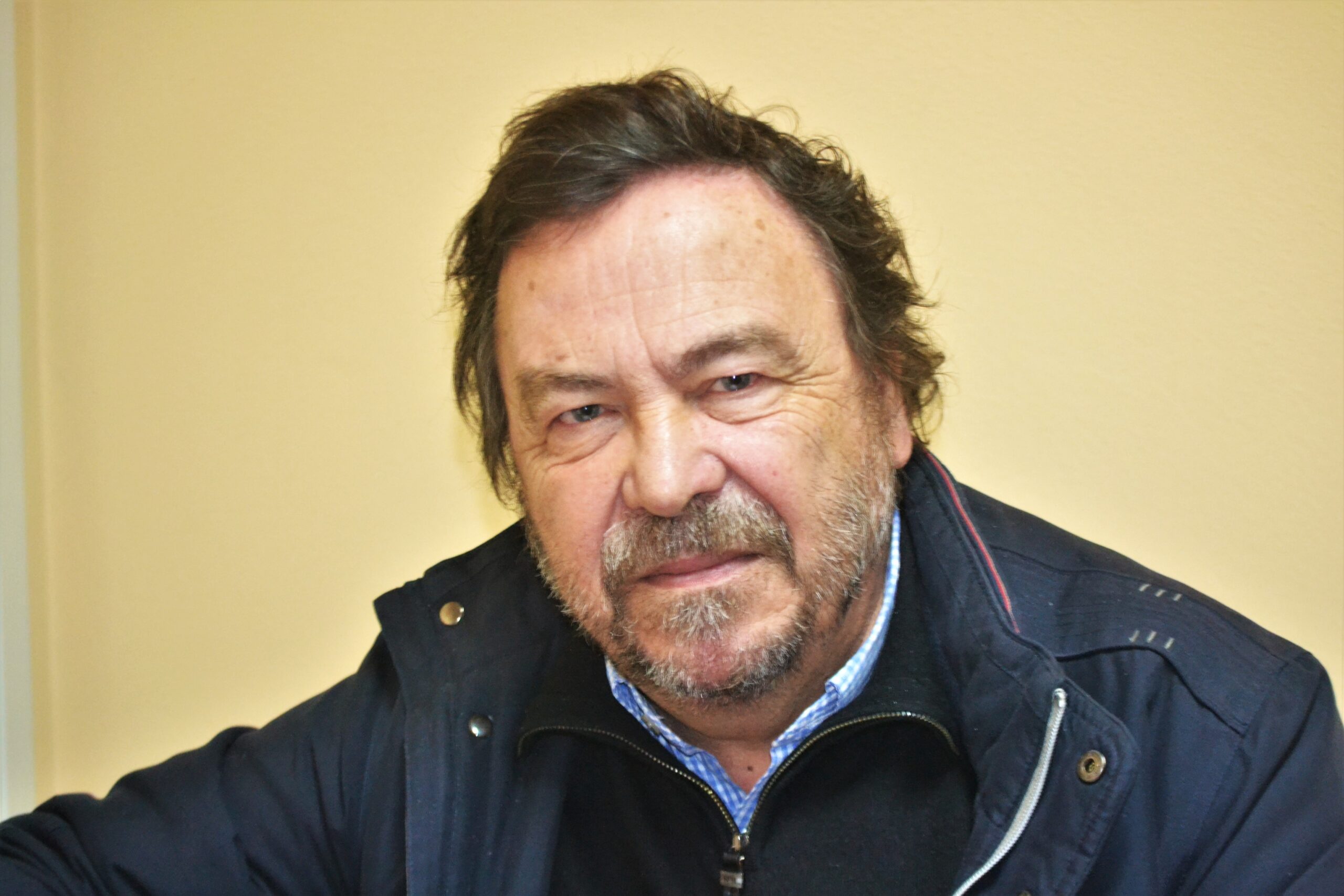
Alexandre Gonçalves listens to all the testimonies. Director of the Prison, he knows the inmates well and talks about a project that almost serves as a «lifeline».
«They are in the process of Recognition, Validation and Certification of Competencies – the so-called RVCC – and they saw here an opportunity to give wings to their ideas and prepare, after all, their own reintegration into society», he explains.
This is really the main objective of any activity that takes place inside a prison.
“What we want is that they never enter again and that they have a dignified life. Deprivation of liberty is one of those things that we only know when we lose it”, he says.
For the time being, the newspaper has only been read by inmates or family members, but one of the goals is that jump the prison walls, so difficult to break down in every way.
“All of us who participate are all good people. All our stories are funny: we live together, discuss ideas, share things. This will be marked forever. We will always be the little group who made the newspaper», says Flávio, almost at the end of the conversation.
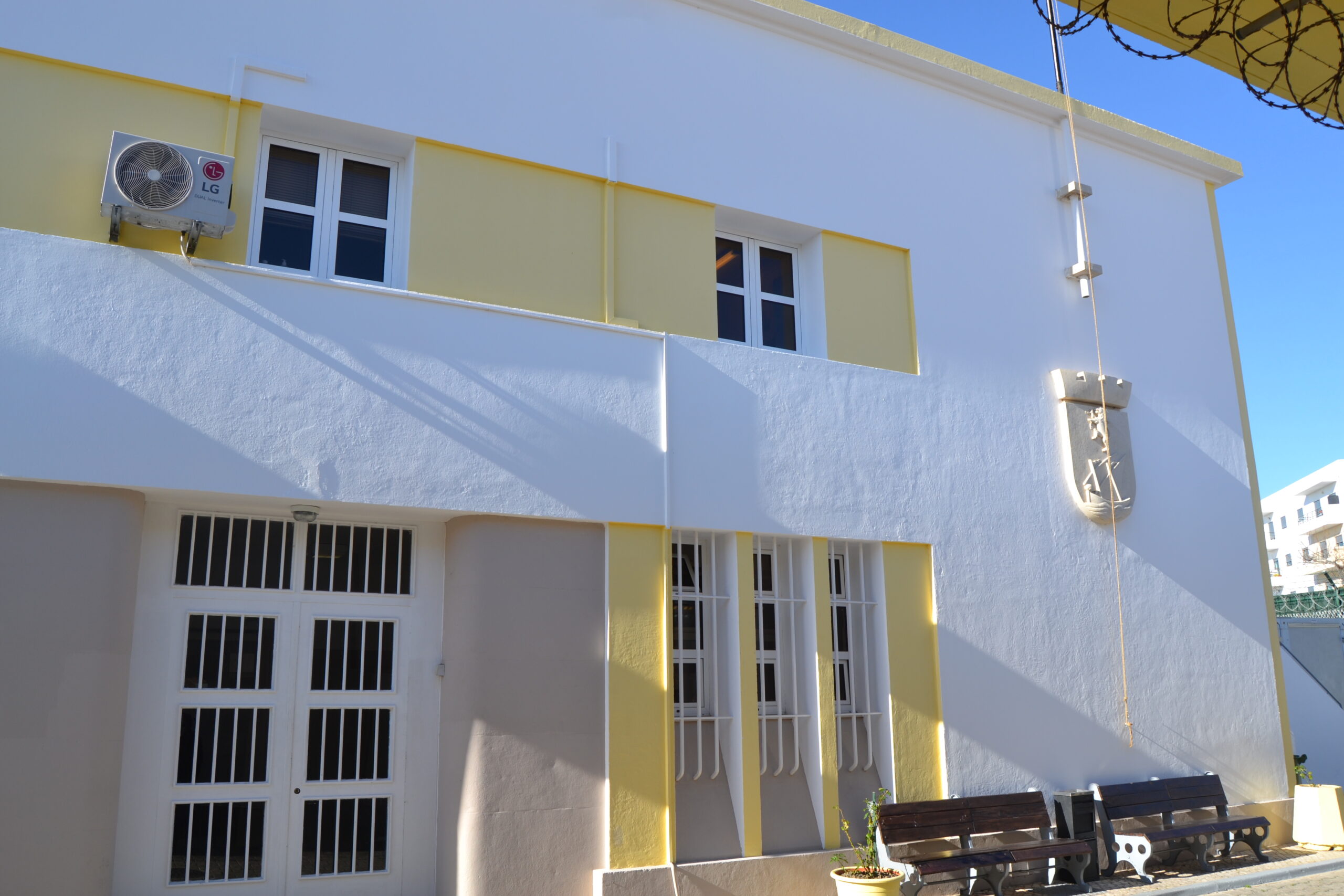
For a moment, we left the room to take a picture in one of the corridors.
Flávio holds two of the newspaper's editions – one in each hand. Returned, he explains that he doesn't want to talk about the upcoming issues. «Secrets are the soul of the business», he says, laughing.
We said goodbye with a strong sentence: «this newspaper is a message for the outside too», says the young inmate.
Maybe walls, one day, will be just that: chunks of concrete.
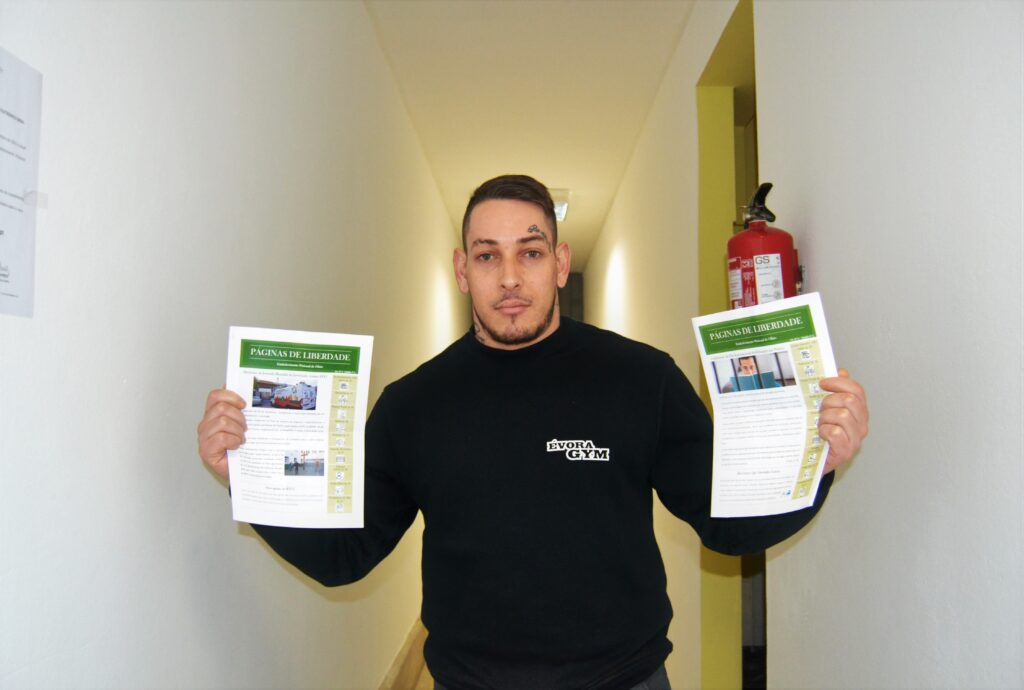

















Comments